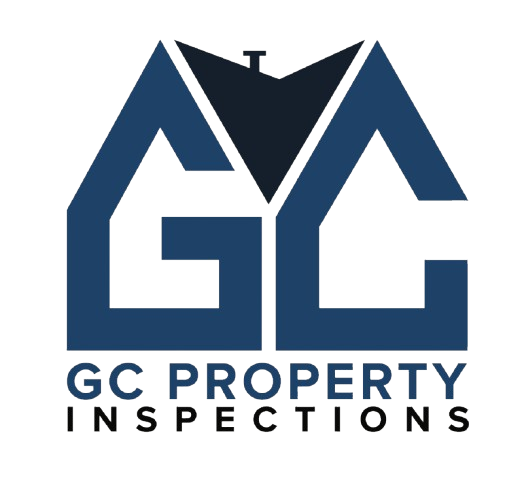As a licensed home inspector with decades of hands-on experience in residential electrical systems, I’ve had the privilege of working in thousands of homes across New Jersey. A majority of my career was spent in residential electrical work, taking me into every corner of the trade, from demolition and restoration of historic homes at the Jersey Shore after Hurricane Sandy, to in-home consultations for electrical contractors installing whole house backup generators.
In those roles, I wasn’t just wiring new homes I was assessing, troubleshooting, upgrading, and ensuring the safety and capacity of existing systems. Many of those systems were outdated or installed long before today’s electrical codes and the demands of modern appliances. Especially in New Jersey, where much of the housing stock dates back to the early and mid-20th century, it’s not uncommon to find original wiring still in service today.
A Brief History of Residential Wiring in New Jersey
New Jersey’s rich architectural history means many homes still contain legacy electrical systems. Depending on when your home was built, you might find one or more of these types of old wiring:
-
Knob-and-Tube Wiring (1880s–1940s) One of the earliest residential wiring methods, knob-and-tube (K&T) uses separate hot and neutral wires supported by ceramic knobs and tubes. It lacks grounding, and the insulation often deteriorates over time making it a potential fire hazard.
-
Cloth-Insulated Wiring (1930s–1960s) Common in early Romex cables, this wiring used fabric insulation that becomes brittle with age and heat, posing fire and shock risks.
-
Aluminum Wiring (1960s–1970s) Used as a cheaper alternative to copper, aluminum wiring can loosen at connections, oxidize, and overheat especially at receptacles and switches.
These systems were never designed for today’s power hungry homes, which often include central air, home offices, EV chargers, and backup power systems.
Why It Matters
Outdated electrical systems can pose serious safety concerns: overloaded circuits, overheating, hidden defects, and fire hazards. But not all old wiring is automatically dangerous or in need of replacement. The key is knowing what you have and whether it meets current safety standards.
That’s where an experienced, independent home inspector comes in.
Why Hire an Inspector Before an Electrician?
Electricians play a vital role in upgrading and repairing electrical systems. But when homeowners first suspect a problem, many go straight to a contractor whose business model depends on generating work. This can lead to premature recommendations for full rewiring or unnecessary upgrades.
As an independent home inspector with decades of electrical experience including evaluating thousands of homes to determine if their existing systems could safely support a whole house generator my focus is on providing an honest, unbiased assessment. I’m not trying to sell you a service. I’m here to help you understand the condition of your system and whether it truly needs repair or replacement.
Peace of Mind Starts with Knowledge
If you own an older home in New Jersey or are planning to buy or sell one, it’s worth finding out what kind of electrical wiring is behind your walls. A thorough inspection can give you peace of mind, help you avoid unnecessary upgrades, and prepare you for any future improvements like installing a generator or upgrading your service panel.
If you’re unsure about your home’s electrical system or just want an expert opinion, feel free to reach out. I’m happy to schedule a consultation or inspection and help you better understand what you have, and what you might need.
